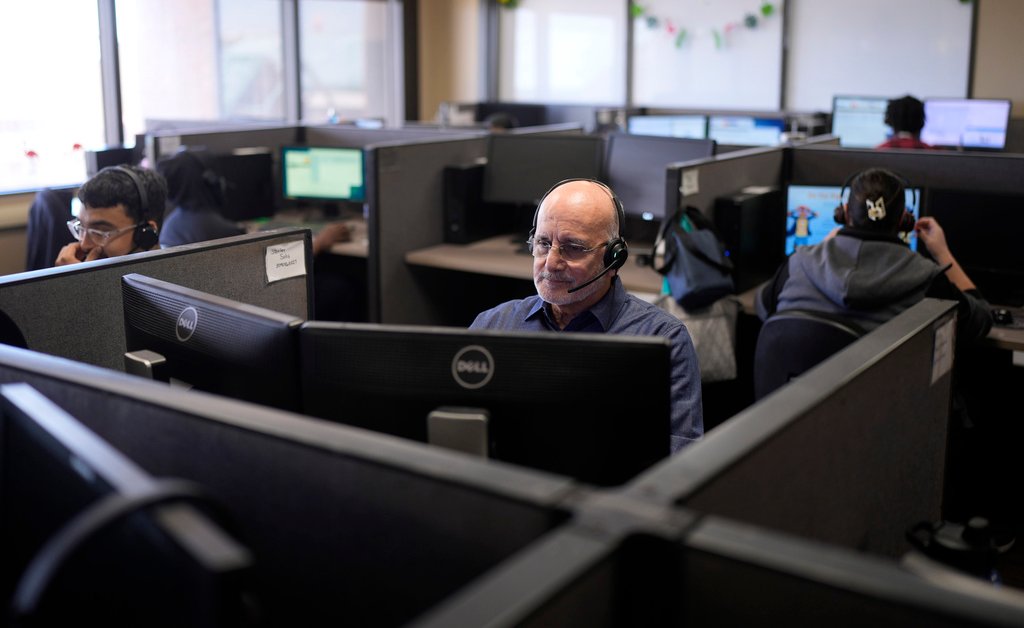Alorica, a customer-service company based in Irvine, California, has introduced an artificial intelligence translation tool that allows their representatives to communicate with customers in 200 different languages and 75 dialects. This tool enables representatives who only speak one language to assist customers who speak a different language, eliminating the need to hire multilingual employees. Despite the potential threat of AI technology replacing jobs, Alorica is still hiring aggressively, indicating that AI may not be the job killer that many fear.
The experience at Alorica and other companies like IKEA suggests that AI may actually create new job opportunities while eliminating others. Historically, technological breakthroughs such as the steam engine, electricity, and the Internet have both destroyed and created jobs. Economist Nick Bunker believes that while AI will impact many jobs indirectly, it is unlikely to lead to mass unemployment. Instead, new jobs are likely to emerge as a result of technological advancements, ultimately benefiting workers, employers, and the economy as a whole.
Artificial intelligence enables machines to perform tasks that were once thought to require human intelligence. This technology has been around in various forms for decades, with early versions such as the Logic Theorist paving the way for advancements in AI. The potential of AI to streamline processes, increase productivity, and improve customer service is evident in companies like Alorica, where AI translation tools have revolutionized the way representatives interact with customers.
While AI has the potential to transform the way businesses operate and interact with customers, it is important to consider the broader implications of this technology. As AI becomes more integrated into various industries, it is essential to ensure that workers are equipped with the skills and training needed to adapt to changing job requirements. By investing in education and training programs that prepare workers for the future job market, companies can help mitigate the potential negative impact of AI on employment.
In conclusion, while AI has the potential to disrupt traditional job roles, it also has the capacity to create new opportunities and improve overall productivity. Companies like Alorica are leveraging AI technology to enhance customer service and communication, demonstrating the positive impact that AI can have on businesses. By embracing AI and investing in workforce training and development, companies can navigate the changing landscape of the job market and ensure that workers are prepared for the future of work.









